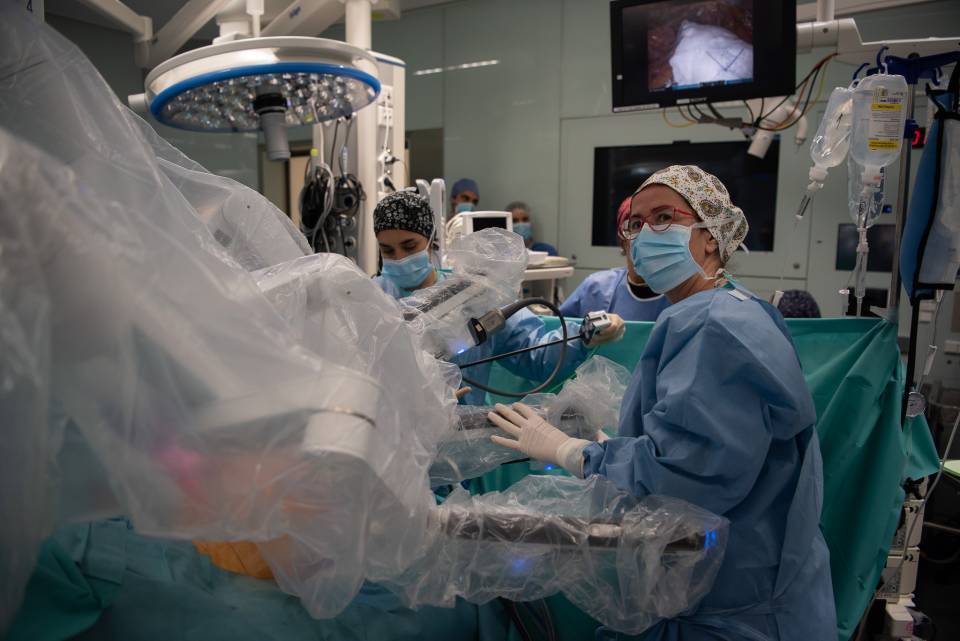The study was carried out in the Epilepsy Unit, which is coordinated by Dr Mar Carreño, and was led by Dr Estefanía Conde-Blanco, an epileptologist, and by Dr Isabel Manzanares Téllez, an advanced practice nurse. Both leaders of the study are researchers in the IDIBAPS Clinical neurophysiology research group.
Epilepsy is a set of diseases of the nervous system characterised by recurrent crises of abnormal electrical activity that can manifest as seizures, loss of consciousness or unusual behaviour. Although epilepsy can often be controlled with medication, people with the disease face social barriers due to the prejudices and stigma attached to it.
Evaluating self-stigma in people with epilepsy
Self-stigma in epilepsy arises when patients internalise these social prejudices, which negatively affects their mental health, quality of life and social relationships.
This study validated the Spanish version of the scale (ESSS-S), which enables its use in clinical practice to evaluate the impact of stigma on these people. ‘This adaptation was necessary because the perception of self-stigma varies by language and culture and previous studies in Spanish lacked validated tools’, explains Estefanía Conde.
The ESSS-S assesses two main dimensions: ‘perceived discrimination’, which is how patients believe others reject them, and ‘social isolation’, which reflects feelings of exclusion.
The validation of this tool included exhaustive translation work, pilot tests and statistical analysis. The results showed that the scale is reliable and valid, correlating high levels of self-stigma with greater anxiety and depression, lower self-esteem and lower quality of life.
Patients who had frequent seizures and patients with less social support tended to show higher levels of self-stigma. ‘These findings indicate that the ESSS-S could be useful for identifying patients with high levels of self-stigma, enabling educational interventions and psychological support’, says Isabel Manzanares.
This study opens the door to a more accurate and sensitive evaluation of self-stigma in people with epilepsy, a condition that has a profound impact on the daily life of those who have it even if it is not always visible.
Though this specific study was conducted in just one health centre, data are currently being collected in different hospitals across Catalonia to evaluate the scale’s applicability in different clinical environments.
Study reference:
Manzanares I, Kuramochi I, Olivera M, Centeno M, Khawaja M, Pintor L, Donaire A, Del Mar Carreño M, Conde-Blanco E. Evaluation of self-stigma in patients with epilepsy: Validation of the self-stigma scale to Spanish (ESSS-S). Epilepsia Open. 2024 Nov 4. doi: 10.1002/epi4.13071. Epub ahead of print. PMID: 39492676.




